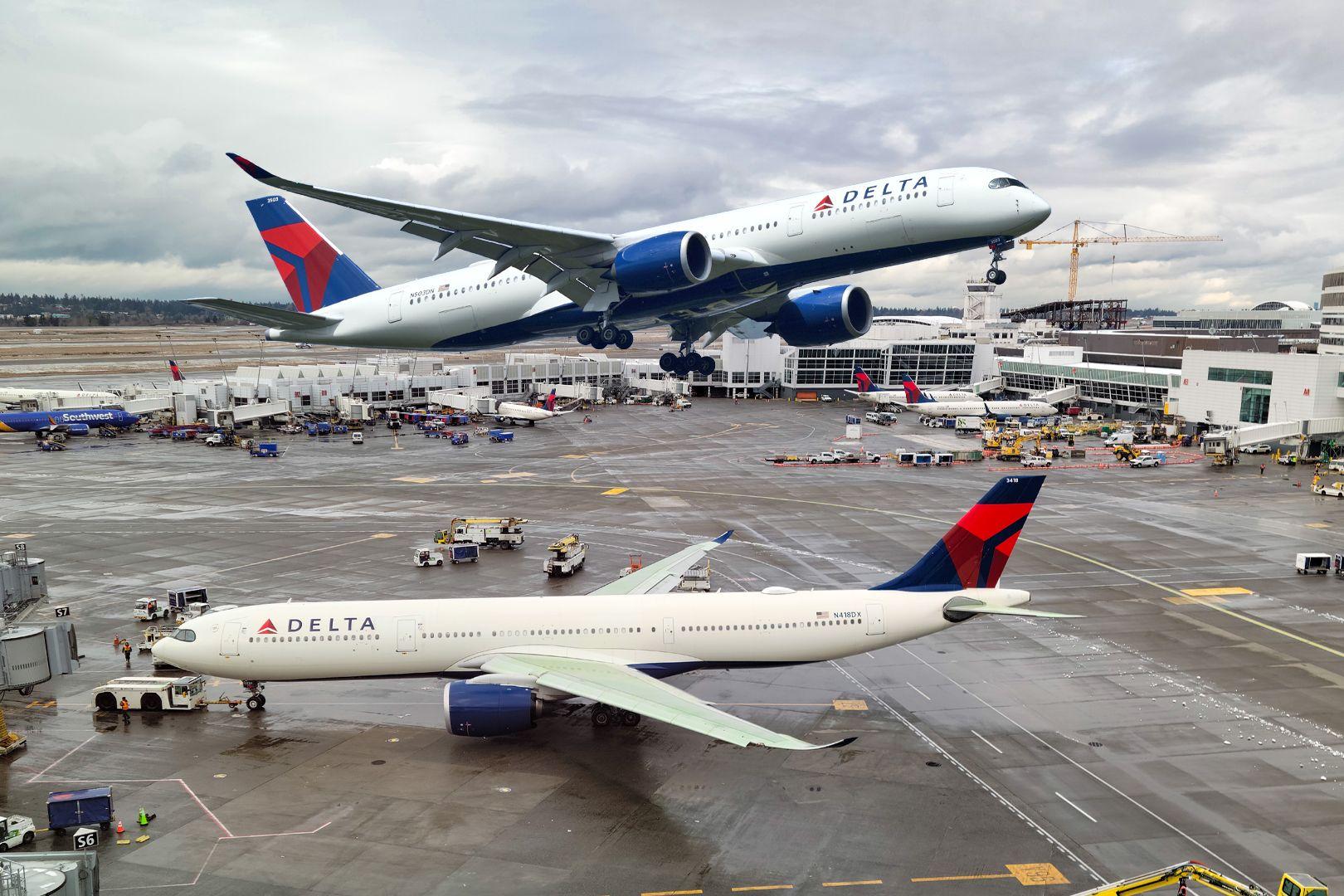
Smarter email, faster business. Auto-tag, parse, and respond to RFQs, quotes, orders, and more — instantly.
Trending Now:
Avianca Airlines to Lease Nine Additional A320neo Aircraft
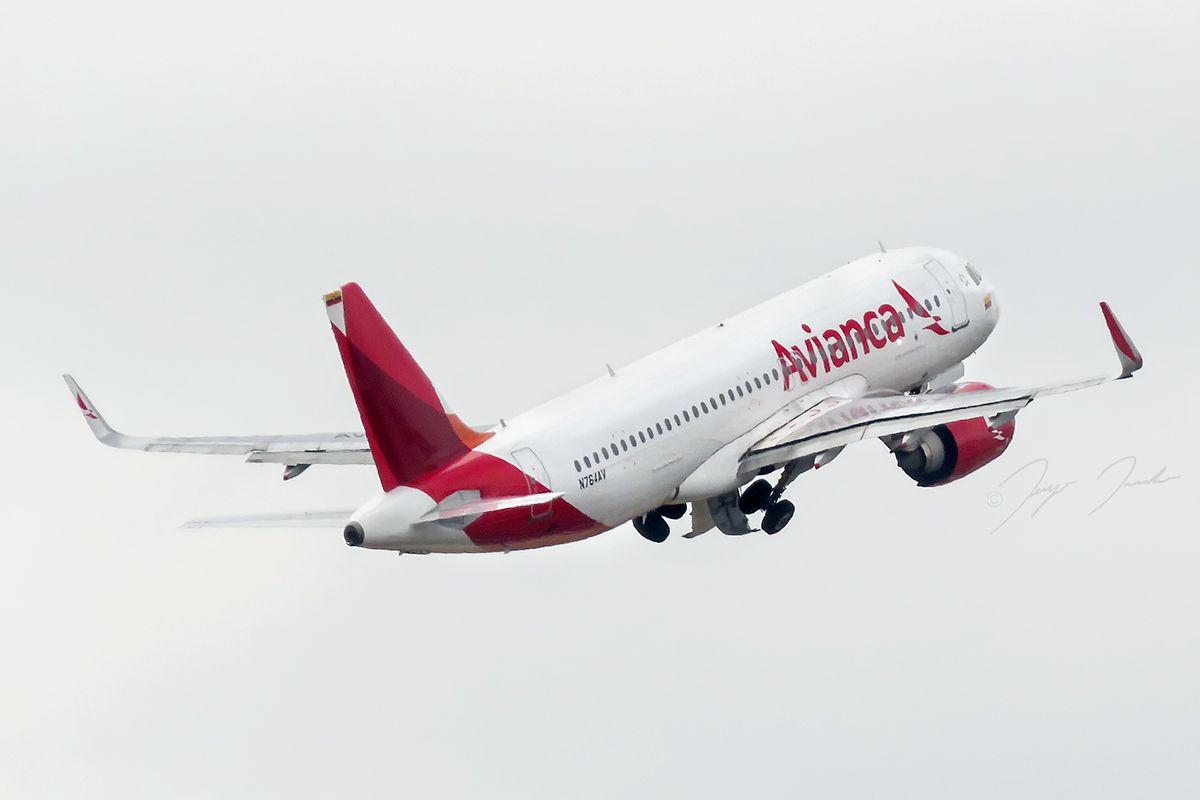
Avianca Airlines to Lease Nine Additional A320neo Aircraft
Avianca Airlines has announced a significant expansion of its fleet with the dry-lease of nine additional Airbus A320-200neo aircraft from BOC Aviation. Under the terms of the agreement, BOC Aviation will acquire the factory-new jets directly from Airbus and lease them to the Colombian flag carrier. These new aircraft, powered by CFM International LEAP-1A engines, are slated for delivery in 2027, reinforcing Avianca’s ongoing commitment to modernizing its fleet.
Fleet Modernization and Expansion
This lease agreement complements Avianca’s broader fleet renewal strategy, which includes the anticipated delivery of seventy-eight A320-200neo jets directly from Airbus. Currently, Avianca operates twenty-four A320-200neo aircraft, while its subsidiaries—Avianca Airlines Ecuador and Avianca Airlines El Salvador—operate five and twelve of the same model, respectively. The group’s overall fleet also comprises six A319-100s, sixty A320-200s, and sixteen Boeing 787-8s. Notably, this marks the first occasion on which Avianca Group carriers will lease aircraft from BOC Aviation, signaling a new phase in their fleet acquisition approach.
Strategic Implications and Industry Context
The expansion presents both opportunities and challenges for Avianca. Securing favorable lease terms and effectively integrating the new aircraft into existing operations will be essential to maximizing the benefits of the increased capacity. Additionally, the airline must ensure sufficient market demand to justify the fleet growth. This move is likely to impact competitive dynamics within the Latin American aviation sector, potentially prompting rival carriers to reevaluate their own fleet strategies. Competitors may respond with similar expansion initiatives or pursue strategic partnerships to enhance their operational capabilities with next-generation aircraft.
Avianca’s fleet modernization aligns with a broader industry trend, as other international carriers such as Gulf Air and Aegean Airlines also expand their Airbus A320neo fleets. This widespread shift toward newer, more efficient aircraft is expected to intensify competition in key markets, as airlines seek to leverage the improved fuel efficiency and passenger appeal of the latest models.
As Avianca prepares for the arrival of its new A320neo jets, industry observers will closely monitor the airline’s ability to manage operational integration and adapt to evolving market conditions.
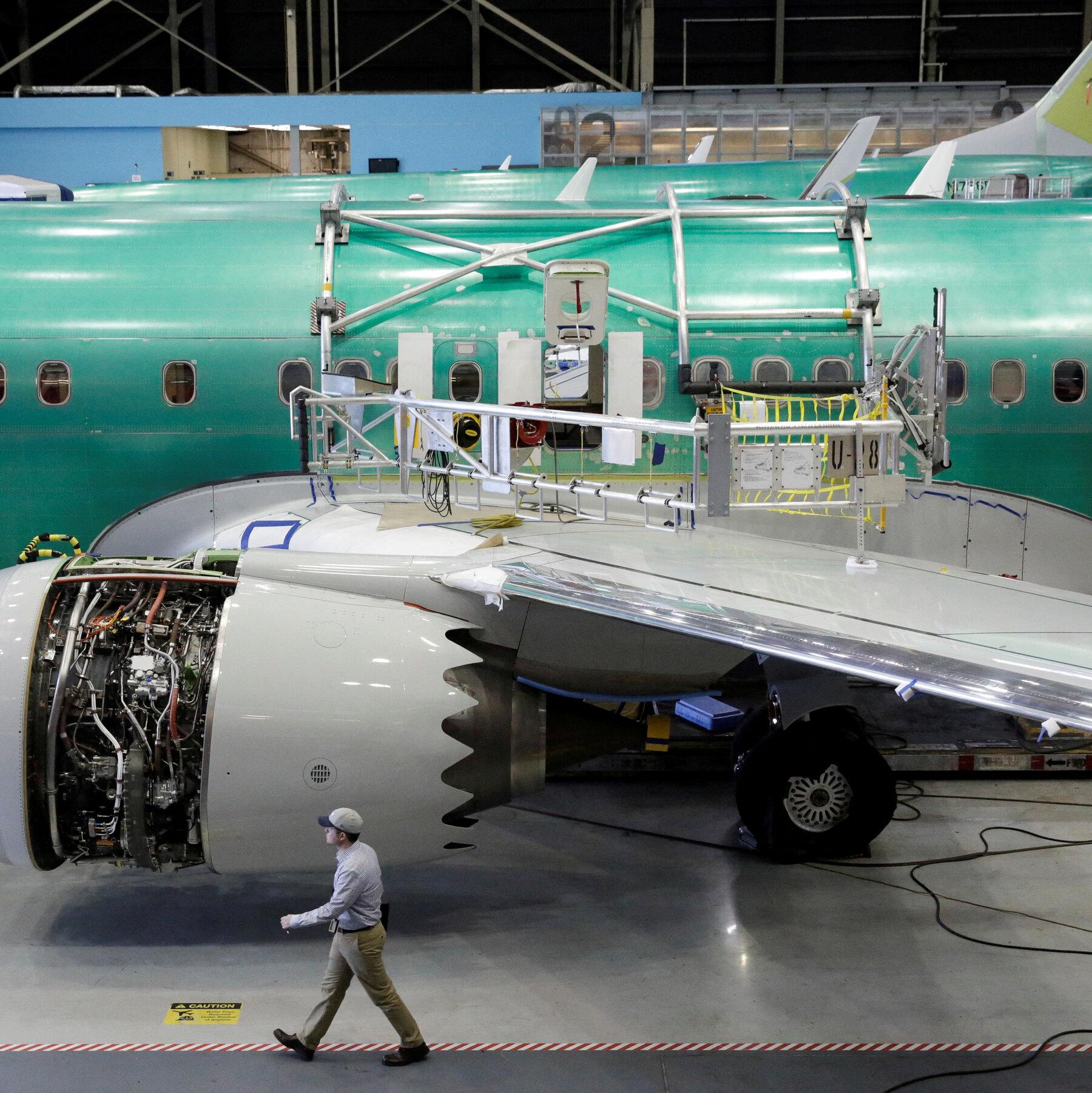
Challenges Boeing Faced After Designing the 737 MAX for Larger Engines
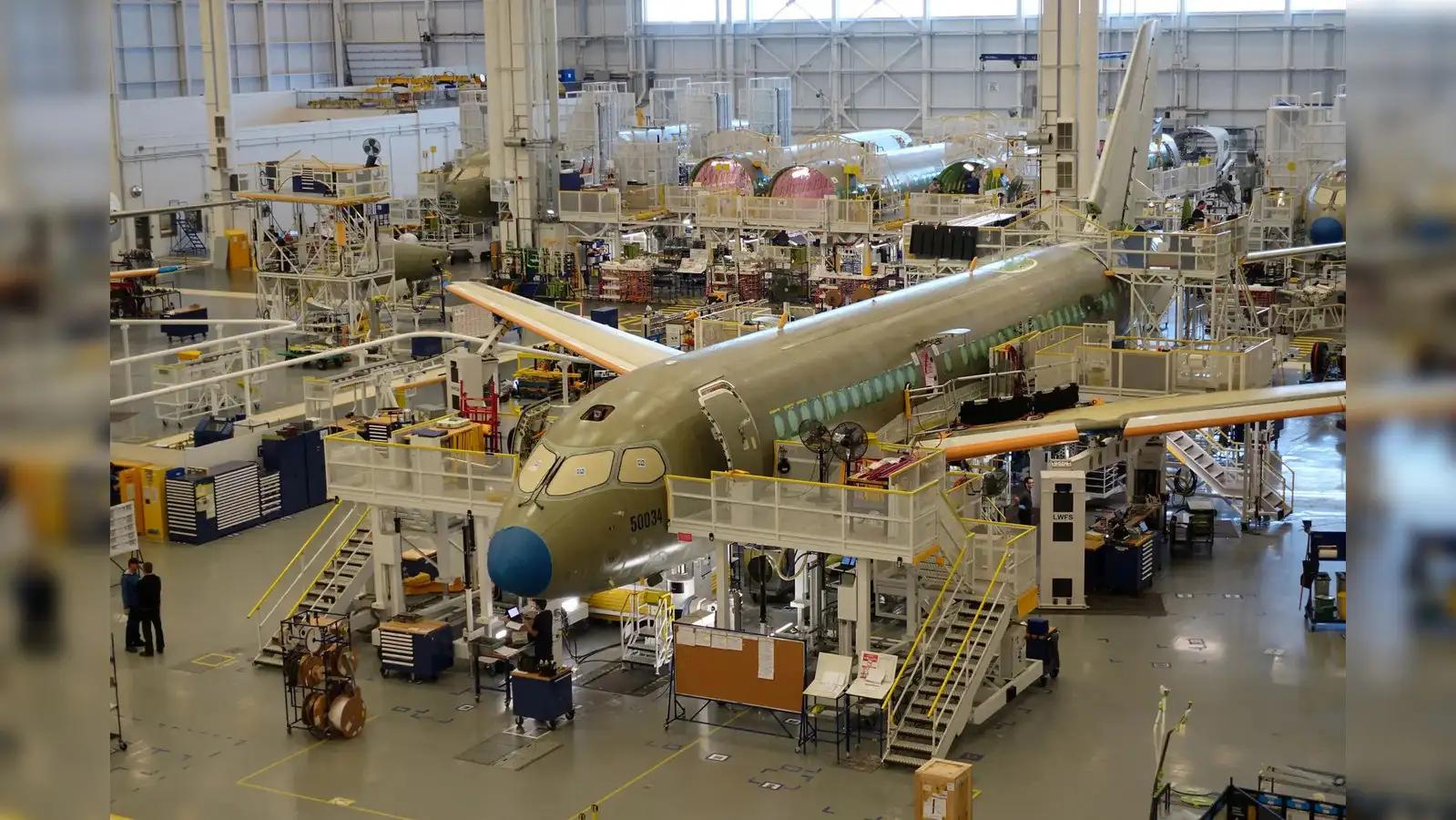
China Reportedly Preparing to Place Major Airbus Order for Up to 500 Planes
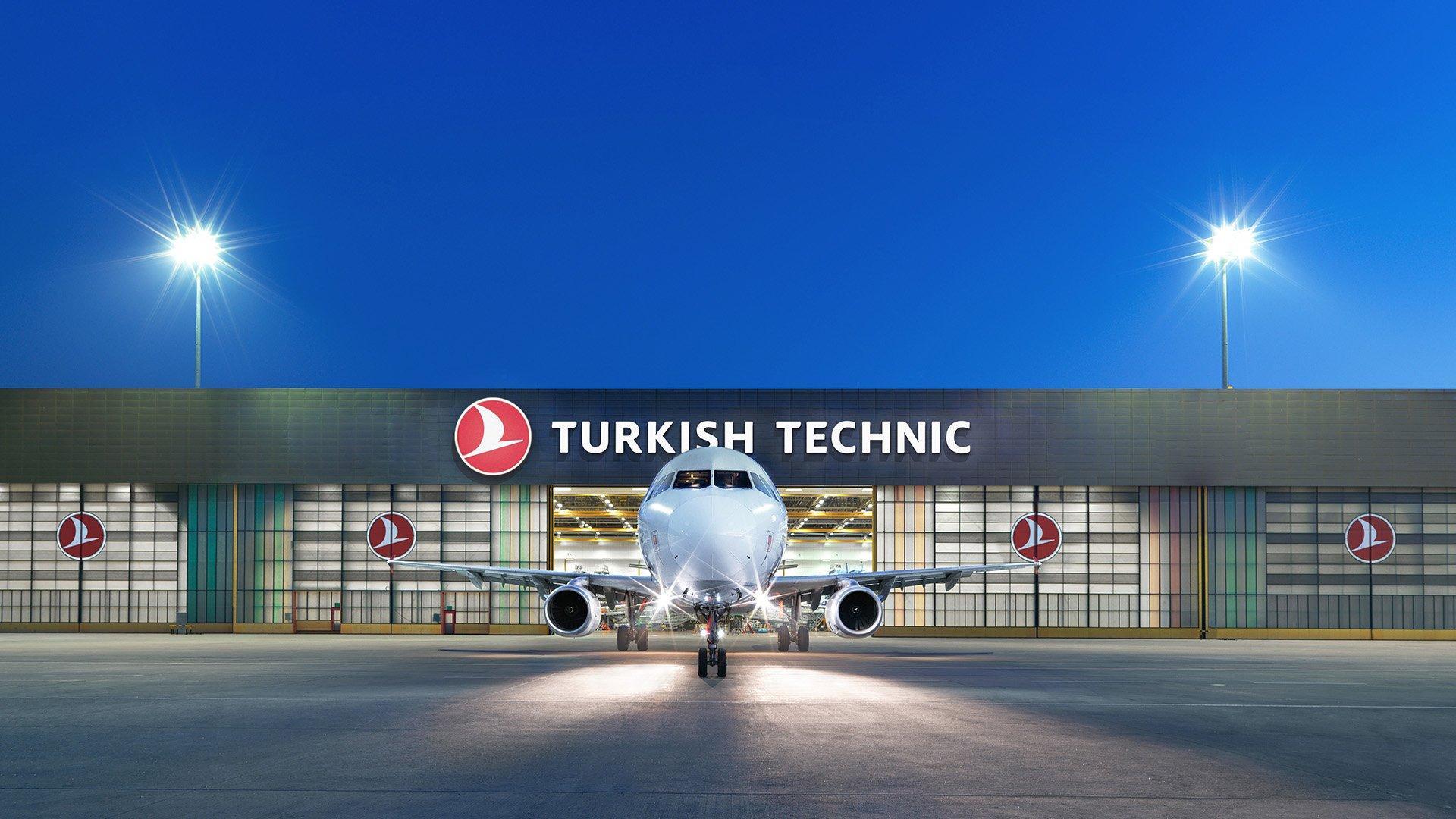
Turkish Technic and CFM Discuss Launching LEAP Engine Repair Hub in Istanbul
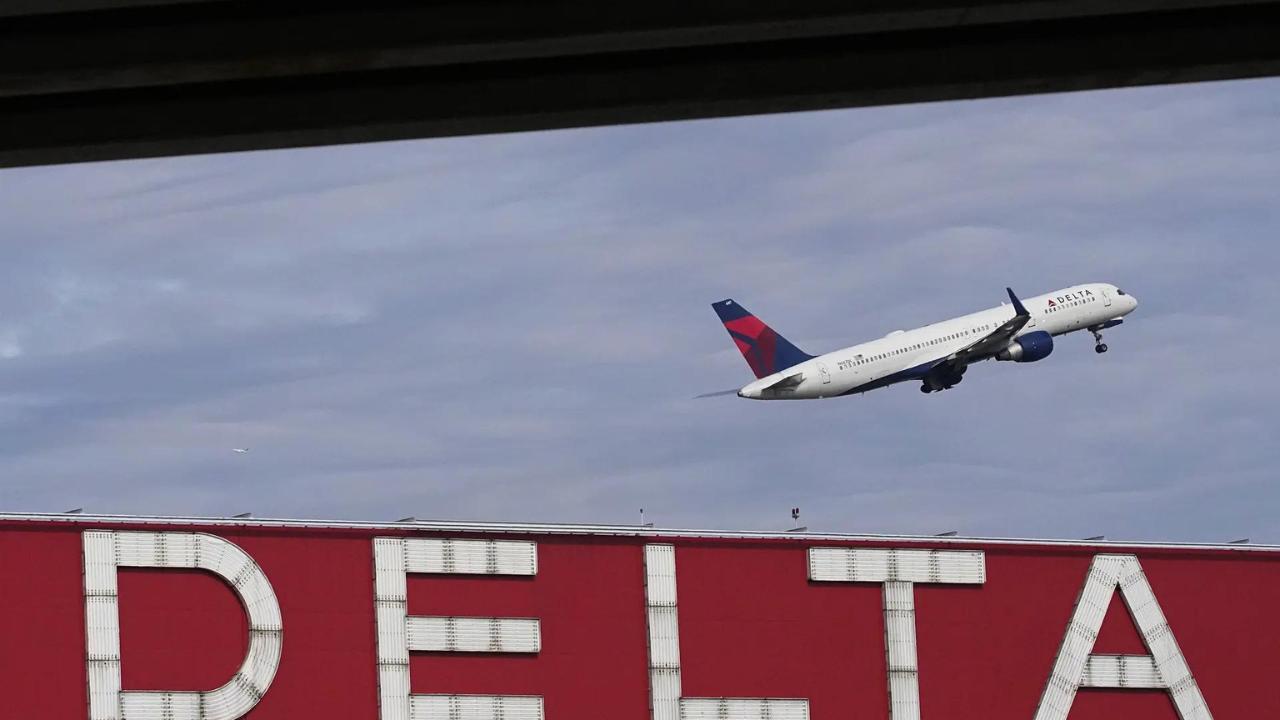
Delta Air Lines Opposes New Trump Tariffs on Aircraft Imports
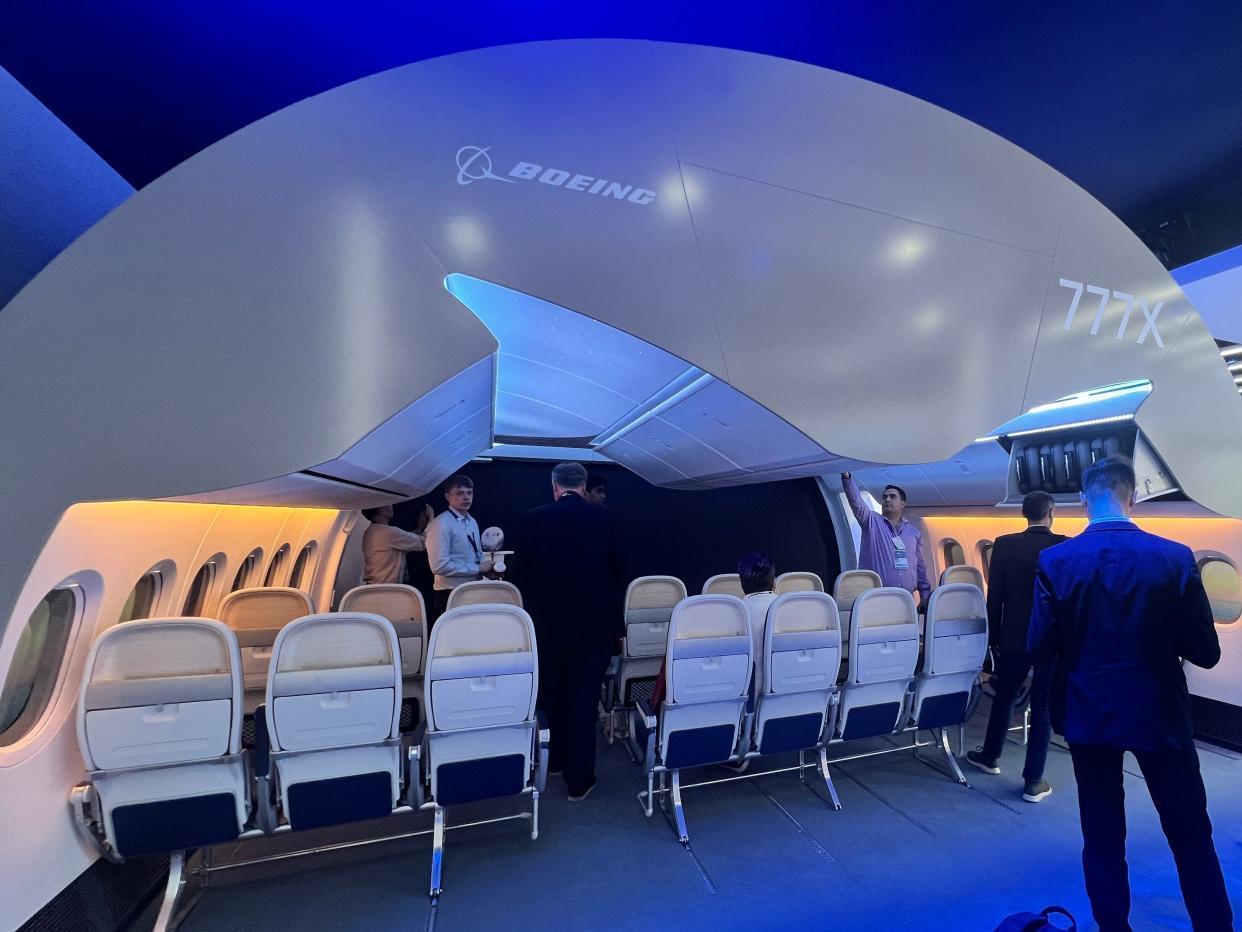
Airlines Poised to Benefit from the Boeing 777X
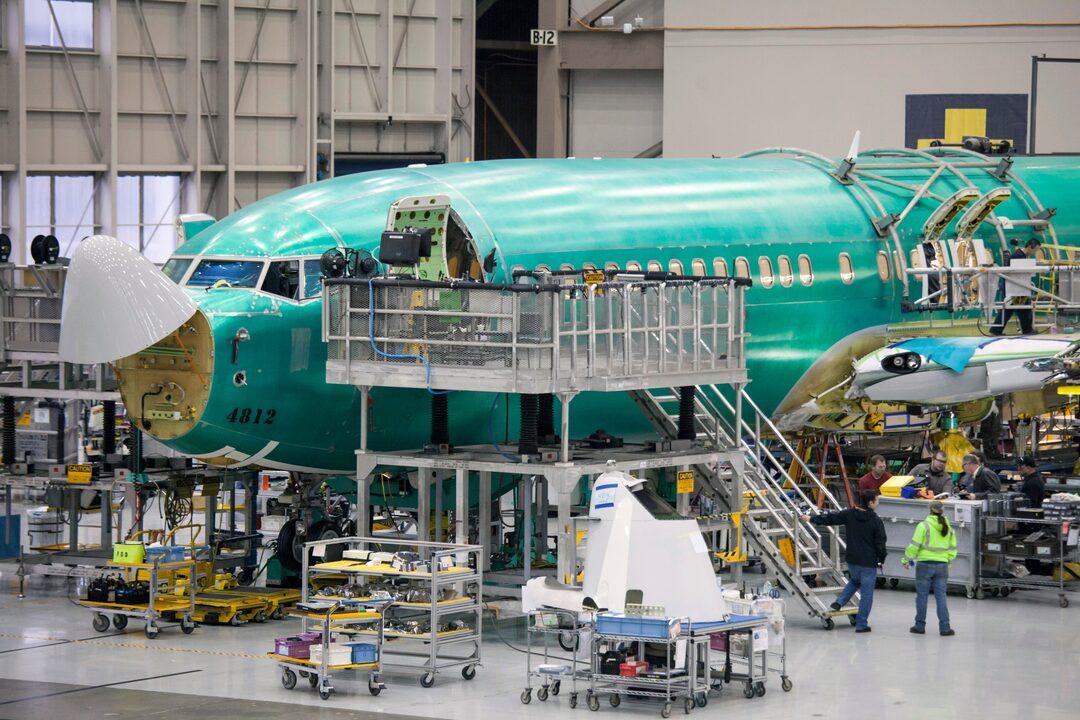
What Boeing’s Production Ramp-Up Means for Supply Chain Accounting
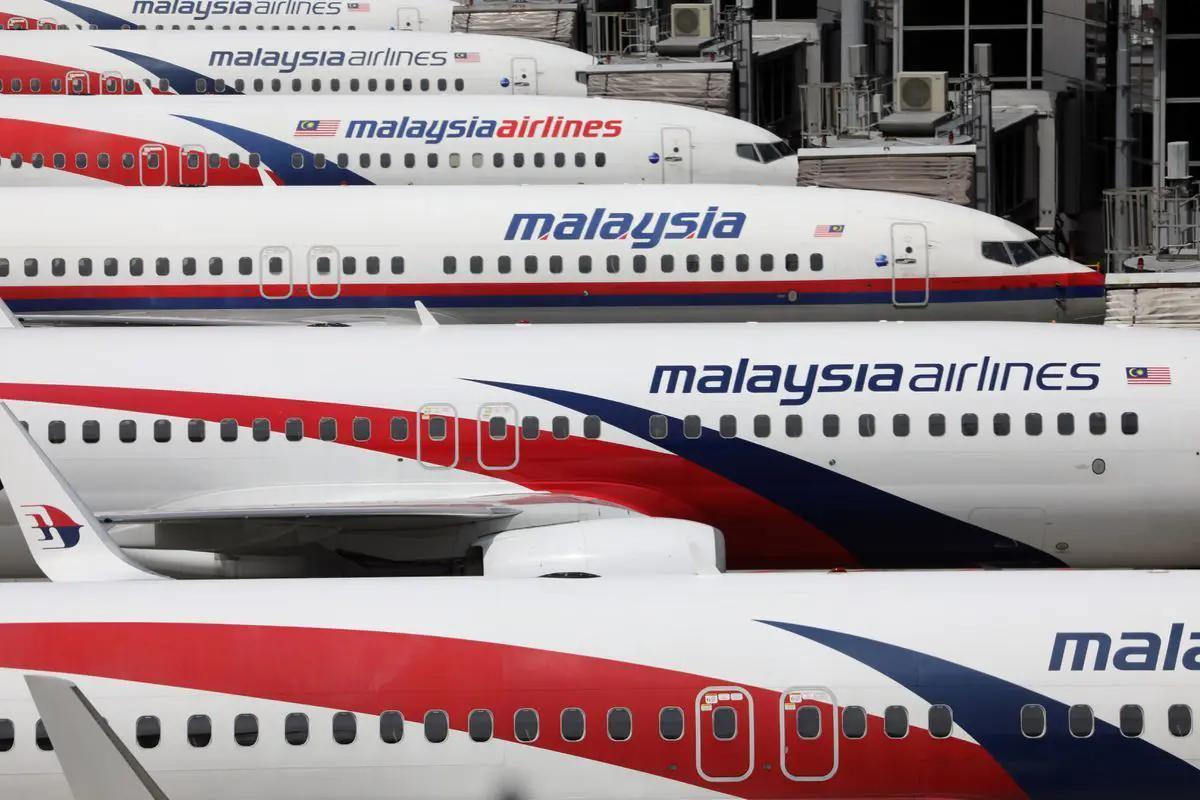
Malaysia Airlines Expands AI Partnership with Google
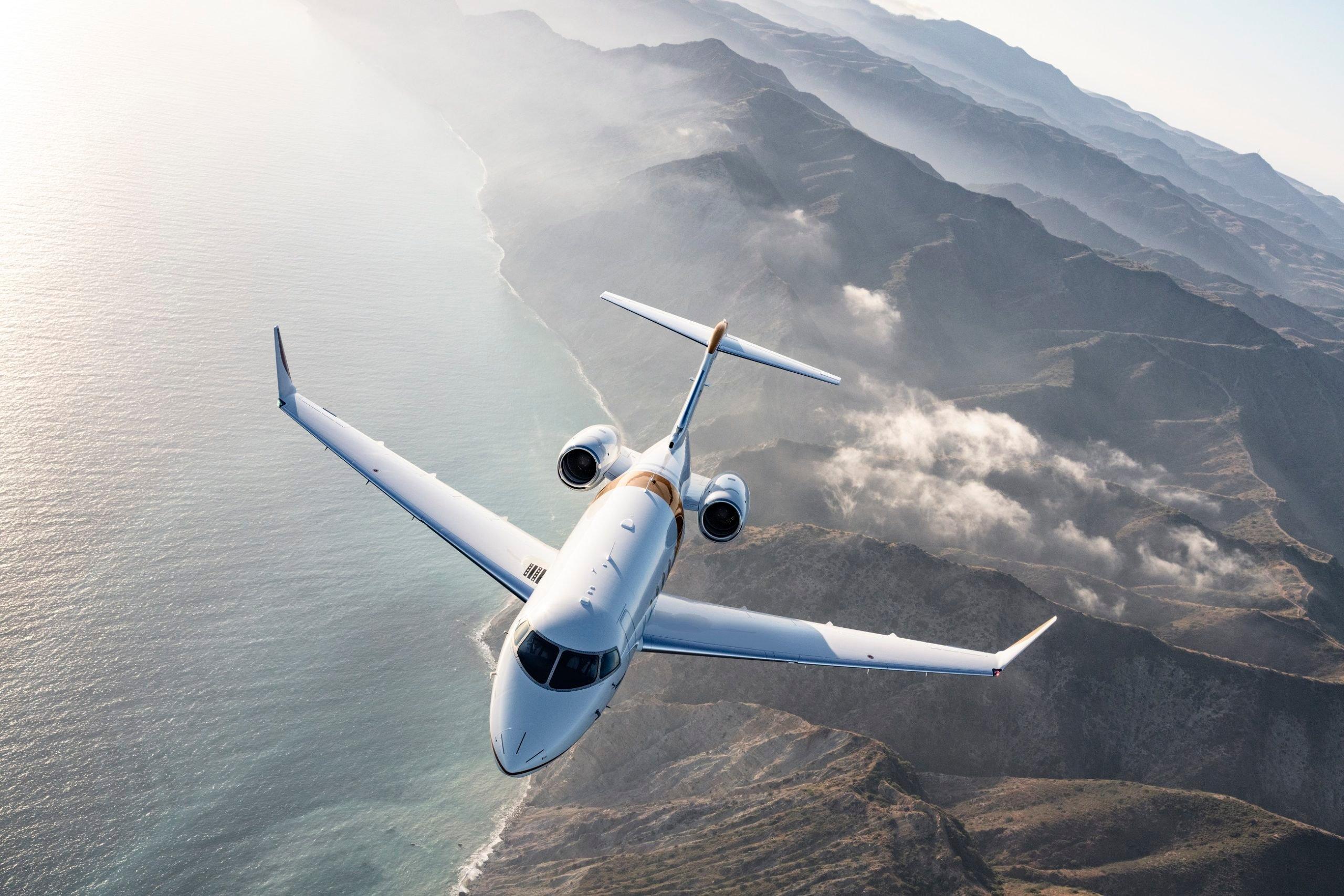
Demand for New Business Jets Expected to Grow 11% in 2025
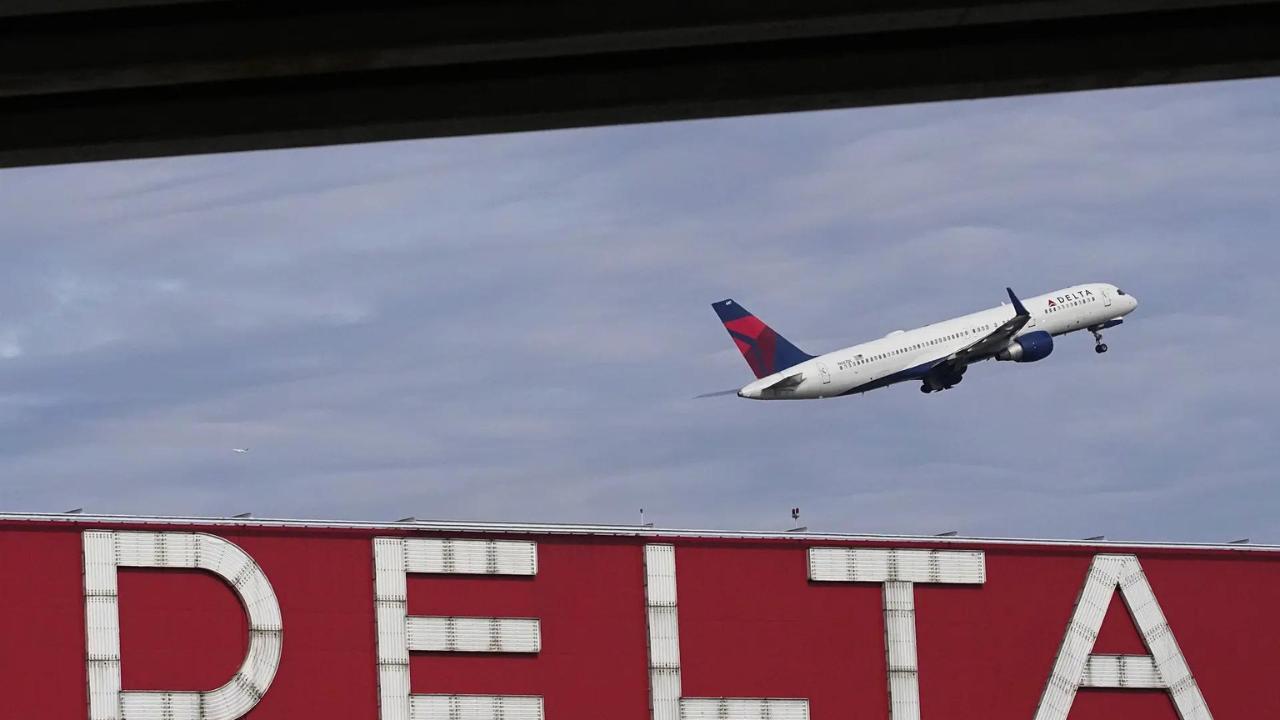
Delta Opposes Trump Administration’s Proposed Aircraft Tariffs
